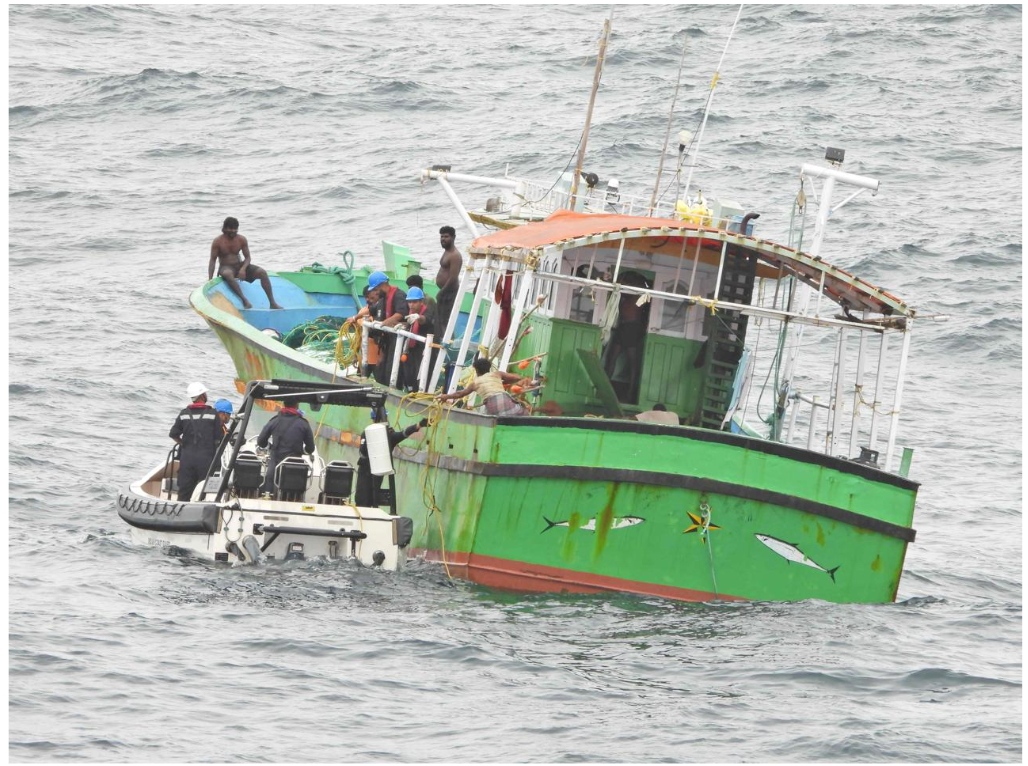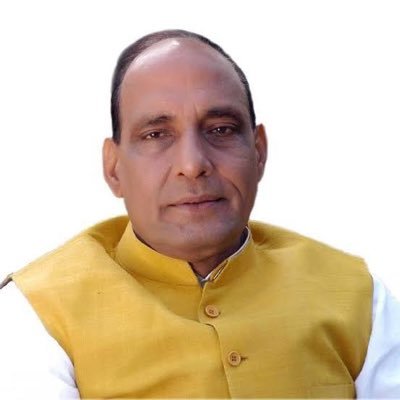Virtual Seminar on World Leprosy Day Aims to Break Myths and Eradicate Stigma Surrounding Leprosy,
Secretary (DEPwD) Highlights the Need for Legal Reforms, Early Detection, and Post-Treatment Rehabilitation Efforts.
New Delhi:
In observance of World Leprosy Day, the Office of the Chief Commissioner for Persons with Disabilities (CCPD) hosted a virtual seminar to bring together key stakeholders in the fight against leprosy. The seminar was a platform to exchange ideas, raise awareness, and combat the persistent myths and stigma associated with leprosy. The event brought together government officials, non-governmental organizations (NGOs), and health experts focused on leprosy awareness and treatment.
Rajesh Aggarwal, Secretary, Department of Empowerment of Persons with Disabilities (DEPwD) and Chief Commissioner for Persons with Disabilities (CCPD), graced the event as the Chief Guest. He was joined by S. Govindaraj, Commissioner of CCPD, as the Guest of Honour. The panelists included renowned experts like Dr. S. Sivasubramaniam, Senior Scientist; Dr. Shivkumar, Leprosy Expert; Nikita Sarah, Head of Advocacy at The Leprosy Mission Trust India; and Dr. P. Narasimha Rao, President of the International Leprosy Association.
The seminar commenced with a soulful Marathi prayer performed by Madhav Sable, followed by an English translation by Praveen Prakash Ambastha, Dy. CCPD. Vikas Trivedi, Dy. CCPD, welcomed the panelists and attendees before Dr. S. Govindaraj delivered the inaugural address, emphasizing collective efforts to break the stigma surrounding leprosy.
During his address, Rajesh Aggarwal shared a poignant personal experience from three decades ago when he visited a leprosy colony in Jalgaon, Maharashtra. He recalled how the discrimination faced by individuals with leprosy, particularly the social isolation even from their families, was more severe than caste-based discrimination. He emphasized the critical need for legal reforms to protect those affected by leprosy, the importance of early detection, and the necessity for comprehensive rehabilitation efforts post-treatment.
S. Govindaraj echoed the need for a unified approach to combat stigma and isolation, revealing that India still has over 750 leprosy colonies, with many individuals living in social seclusion. He called for actionable, long-term solutions to address the legal and societal challenges faced by those affected.
Dr. Sivasubramaniam provided a global overview, noting that India accounts for more than half of all reported leprosy cases worldwide. He highlighted the importance of community-based rehabilitation programs to help integrate affected individuals back into society. Dr. Shivkumar provided insights into the current trends in leprosy, explaining that despite the disease being one of the least infectious, it remains a challenge in over 700 districts in India. He noted that Chhattisgarh has the highest number of leprosy-affected districts. The WHO has set a target for India to eliminate indigenous leprosy cases by 2030.
Nikita Sarah discussed the crucial role of awareness in eliminating misconceptions surrounding leprosy. She clarified that leprosy is one of the easiest diseases to cure when detected early and emphasized that it does not lead to disability or deformity. She stressed that the stigma often stems from ignorance and societal rejection rather than the medical reality of the disease.
Dr. P. Narasimha Rao provided a medical perspective on the disease, explaining its biological uniqueness and global prevalence, with India, Brazil, and Indonesia remaining the primary hotspots for leprosy.
Shabnam Khan, a trailblazer in leprosy advocacy, shared her inspiring journey. Despite battling the disease and enduring societal rejection, she overcame these challenges to become the first graduate in her family and pursue an independent life, serving as a beacon of hope for others in similar circumstances.
The seminar concluded with a call to action for increased awareness, early diagnosis, and a comprehensive approach to rehabilitation, aiming to eliminate both the disease and its associated stigma. The stakeholders agreed that the fight against leprosy requires sustained efforts to foster inclusivity, break misconceptions, and ensure that individuals affected by leprosy are empowered to lead fulfilling lives.


